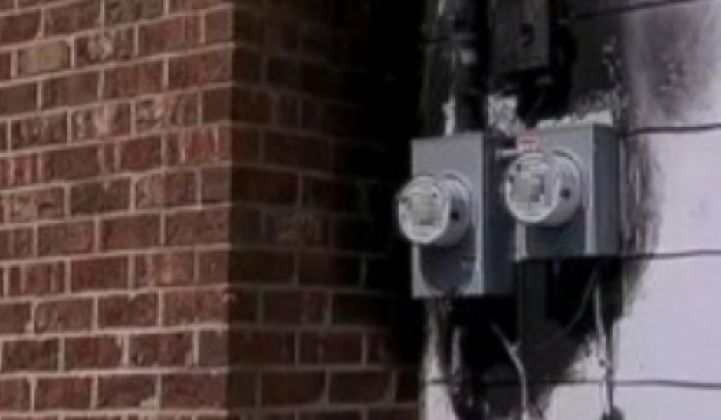
Like the town of Ulster, the city of Kingston reads its meters four times a year, Hansen said. Furthermore, Hansen said, information about a city resident’s or business’ water consumption or payment history is public information and can be obtained through a Freedom of Information Law request. “These meters aren’t all that ‘smart’ that we’re using,” she said. There is no way for the hacker to get the customer’s account number, name or address, Hansen said. She said the only information a hacker would be able to get from the meter is its identification number, the identification number for the radio and the current meter reading. As for hacking of the meters, Hansen said it has never happened in Kingston and there would be no point for a hacker to even try. She said that is because the SR II meters have brass components that contain a minute amount of lead, which is no longer allowed by federal law. Hansen added that as the SR II meters wear out, the city is replacing them with the iPERL version. She also said the city has never had any issues with its water meters causing health problems for residents. “I would certainly love it if we were all radio-read,” Hansen said.

She said the city spends between $25,000 and $50,000 annually to change the radios as the budget allows. Hansen said Kingston is working to make all its meters the radio-read kind, but it takes money. She said of the 8,000 water meters in the city, 1,000 have the radios attached, allowing them to be read from outside the building where they are installed. Kingston Water Department Superintendent Judith Hansen said the city has been universally metered since the early 1960s. He added that the city of Kingston uses the same meters. The meters are read four times a year, according to Quigley. He said the radio is operated by a battery and is attached to the water meter itself via a wire. “This takes three seconds per meter,” Quigley said, adding that the radio attached to the meter sends its signal directly to the reader and does not bounce off a network. The meter transmits its info and then it and its radio go dormant again, he said. Quigley said the meters in the town of Ulster, just as the ones in Glasco, are “asleep” until they are called upon by a reader. The complaints raised in Glasco are similar to those reported in some communities in a few other states. They also raised concerns the new meters could be “hacked” and said they should have a choice whether to have the new devices in their homes. During that meeting, many attendees spoke out passionately against the new meters, citing concerns about health risks from the devices that many referred to as “smart meters.” Those concerned with the meters said the devices give off harmful radiofrequency emissions. Concerns raised by residents about the new meters prompted the town to hold an informational meeting Aug. Of the total cost, 55 percent will be paid for through a grant from the U.S.
#Sensus water meter danger install#
of Round Lake $578,999.69 to purchase the new meters and to pay National Metering Services of Kearny, N.J., $235,738.50 to install them.

The Town Board voted in April to pay Everett J. The town of Saugerties is in the process of having approximately 1,800 iPERL meters manufactured by Sensus USA installed in the Glasco Water District.

The meters and their radios function on the same basic technology as the ones being installed in Glasco, he added. He said the town for nine years has used a radio-read meter manufactured by Sensus USA called an SR II. “No residents have come to the supervisor’s office to ever express concern about these meters,” town of Ulster Supervisor James Quigley said recently. Some residents in the Glasco Water District have raised concerns about new water meters being installed in their homes, but officials from nearby municipalities said they use similar devices and have never had issues.


 0 kommentar(er)
0 kommentar(er)
